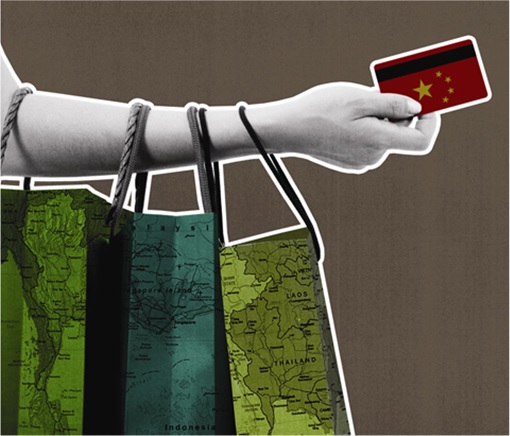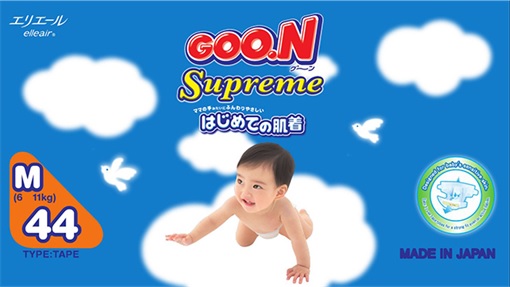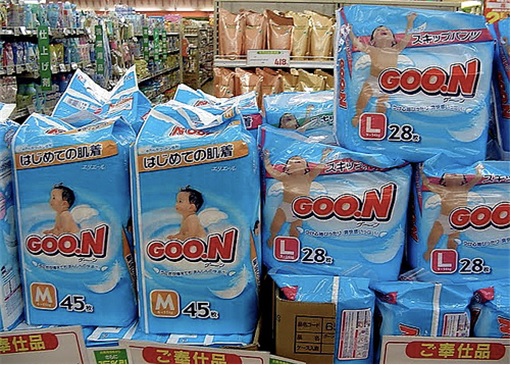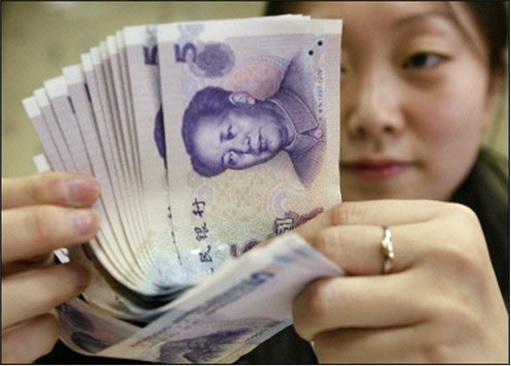The Chinese are known to be skillful businessmen. They love money the most, on top of family and education for kids. But the Chinese’s presence are all over the globe, thanks to thousands of years of migration. So from which part of the world can we find the top Chinese businessmen? You don’t have to go too far but the very root of the assembly lines – China. The greatest hustlers are produced here, and it’s not hard to figure why there’re so many wealthy people in this country.
It was said that five Singaporean Chinese cannot compete with one Hong Kong Chinese but ten Hong Kong Chinese are no match for one mainland Chinese. That pretty much sums up how Singaporean businessmen (including the Singapore government) lost so much money when they tried to do business in mainland China not many moons ago. In a dog eat dog world among mainland Chinese themselves, it was practically a suicidal mission for foreigners to step their foot inside the mainland.
Apparently, three Chinese nationals have found a new formula to make easy money, by buying and selling luxury nappies. But they’re no ordinary traders. They’re known as diaper traders. From cigarettes to fine antiques to condoms, China’s counterfeit market has a little something for all walks of life looking for shoddily made items at a fraction of the price. Hence, the demand for genuine quality products is growing, consistent with the growth of wealthy Chinese.
Here was the plan – these three smart Chinese men filed visa applications in China to travel to Japan to work as chefs at a Chinese restaurant in the city of Akashi. But instead of cooking, they would go on a 5-day shopping spree – buying all the disposable baby nappies from 267 stores across the Kansai region. When they were finally caught by the Japan police, they had already purchased a whopping 990 packs of the disposable nappies.
Since an average of each pack consists of 40 nappies, they’ve stockpiled 39,600 nappies. The plan also included storing the goods in a warehouse, all ready to be transported back to mainland China. Not bad for a business plan to become the “Chinese Diaper Kings”, until they were busted by the authorities. But it was a worthwhile attempt to make good money. Now that they were caught, their punishment is only deportation – no prosecution.
Considered luxury items in China, disposable diapers such as made-in-Japan “Goo.n” are in great demand in booming mainland China. Daio Paper Corp. and Nippon Paper Industries are two examples of Japanese manufacturers which produce top quality baby diapers. In fact, the Japan External Trade Organisation estimated that the nappy market in China worth some ¥170 billion yen (HK$12 billion; US$1.5 billion; £980 million; RM5.1 billion) last year alone, triple the amount just 5-year earlier.
Although Daio Paper Corp. (Stock: TYO 3880), the manufacturer of “Goo.n” baby disposable diapers, has production lines in China, counterfeit versions have already infiltrated the Chinese fake market. Even then, the fake Daio products were priced between 155-185 yuan (HK$234; US$30; £19; RM99) , the same price as the real thing but twice the market prices in Japan.
It was such a luxury market for both pirates and smugglers that these three Chinese “smugglers” could easily make 50% profits when their goods safely arrive in China. But this has also created another problem to the Japanese themselves – they have difficulty getting diapers, produced behind their own backyard. Well, that’s the price everyone has to pay when wealthy Chinese are snapping everything on their way, from real estates to condoms, and now even baby disposable nappies.
Other Articles That May Interest You …
- There’s A New Bank On The Block, And The U.S. Isn’t Happy About It
- Need Cash Urgently? Become A Professional Pooper And Get Paid US$40 Daily
- Here’re 22 Product Packaging Fails That Are Too Hilarious
- Revealed! Opium-Laced Noodles – Blame It For Your Positive Drug Test
- Here’s The Latest Hot Item Chinese & Taiwanese Tourists Are Snapping – Randoseru
- Exposed! Food Scandal – Hong Kong, Macau & Taiwan Use “Gutter Oil”
- 10 Companies That Control Almost Everything You Buy & Eat

|
|
October 26th, 2014 by financetwitter
|


|

|

|

|

|

|


































FYI